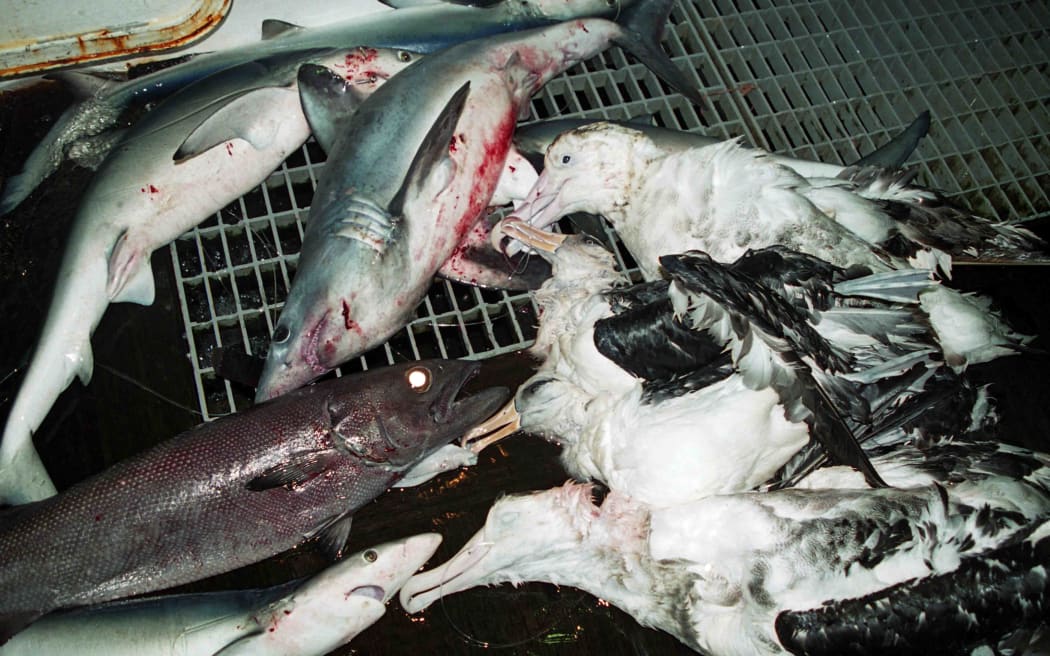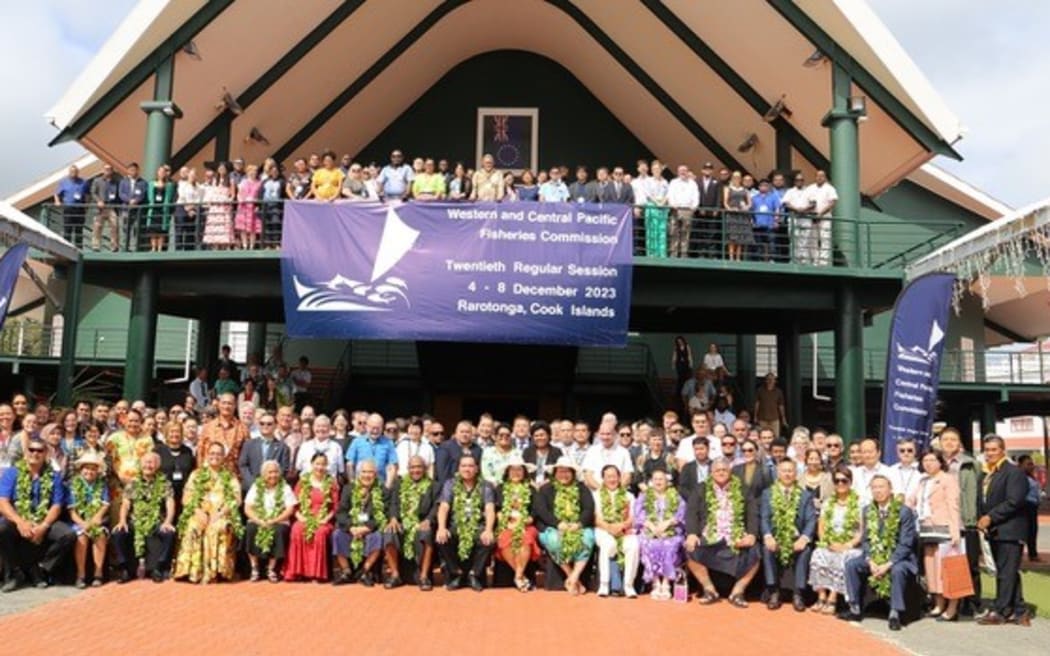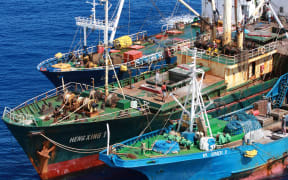
Pelagic Bluefin tuna Photo:
The CNMI head of delegation to the Western and Central Pacific Fisheries Commission (WCPFC) meeting said the revised tropical tuna Conservation and Management Measure (CMM) for 2024 through 2026 is a loss to Pacific territories.
"Although this is a win for the Hawaii longline fishery, it is a loss in fishery development funding opportunities for the Pacific Territories," Sylvan Igisomar said.
He said the US was unsuccessful in preserving a provision in the tropical tuna CMM allowing for the transfer of catch portions to the Hawaii longline fishery in exchange for funds under specified fishing agreements.
These agreements and funding have supported critical fishery development initiatives in the CNMI since 2010.
He said American Samoa and CNMI leadership expressed frustration that plans were not in place to make up for lost fishery development funding before the possible removal of this provision.
Igisomar added that the specified fishing agreements have funded initiatives from the CNMI Marine Conservation Plan like the Garapan Fishing Base shoreline revetment project, efforts to improve fishery data collections for stock assessments, and bottomfish workshops and training for the fishing community to name a few.

CNMI head of delegation to the Western and Central Pacific Fisheries Commission, Sylvan Igisomar said, "Although this is a win for the Hawaii longline fishery, it is a loss in fishery development funding opportunities for the Pacific Territories." Photo: Supplied
The Magnuson-Stevens Act mandates that the MCP comprise conservation and management objectives such as marine and fisheries research, and conservation, education and enforcement activities related to marine and coastal management.
The MCP must also be consistent with the Western Pacific Fishery Management Council's Fishery Ecosystem Plans.
"No sense in crying over spilled milk, what's done is done and now we must work with our federal partners on a replacement for this critical resource that will no longer be available," said Igisomar.
He then recommended to the 197th Western Pacific Regional Fishery Management Council to activate the provisions of the Pacific Insular Area Fishery Agreement authorized under the MSA.
Council members also recommended that NMFS and other relevant federal agencies provide funding for projects under the territorial MCPs.
The annual commission meeting last week in Rarotonga, Cook Islands was deemed a success with the agreement on the CMM.
Covering almost 60 percent of the world's tuna supply, this measure establishes global regulations governing the fishing of bigeye, skipjack and yellowfin tuna.
The WCPFC increased the US Hawaii-based longline fishery bigeye tuna annual catch limit from 3,554 to 6,554 metric tons after considering the healthy stock status.


